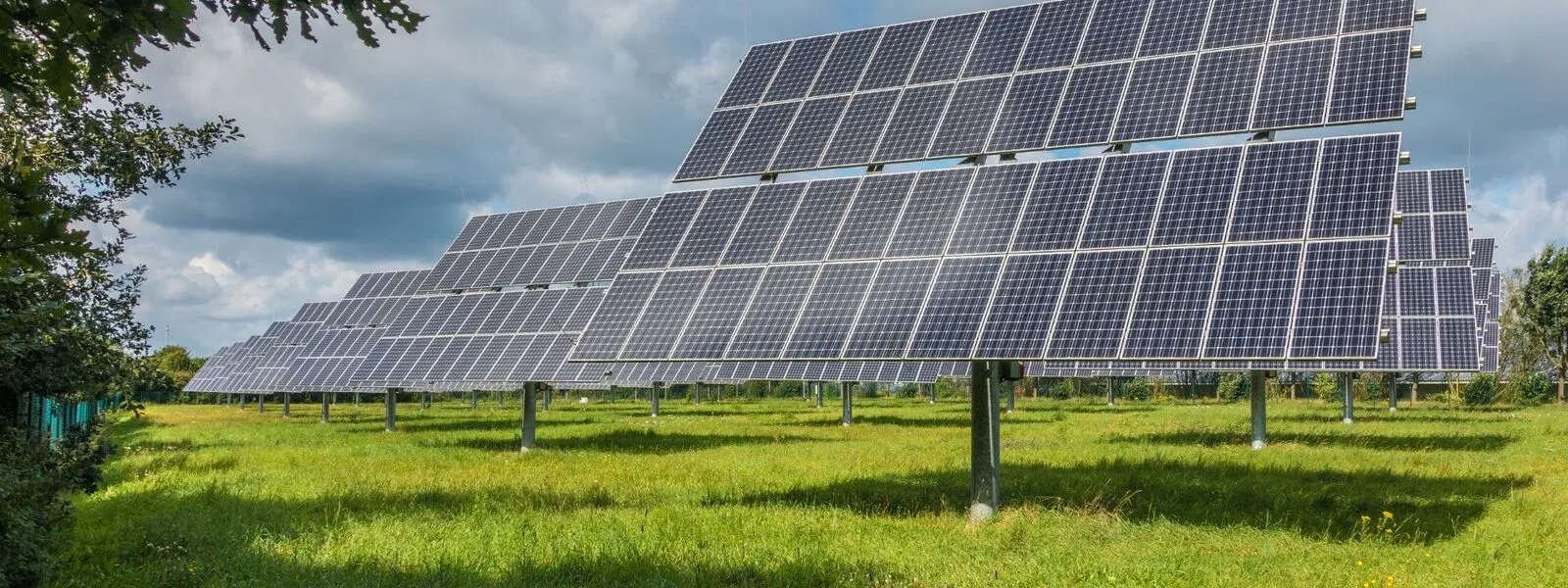Amidst growing global awareness of the importance of environmental sustainability, the underutilization of renewable energy remains a major challenge, especially in developing countries like Indonesia. Dependence on fossil fuels not only exacerbates the climate crisis, but also poses serious economic and health problems. According to data from the Ministry of Energy and Mineral Resources (MEMR), by 2022, only about 12% of Indonesia’s total energy consumption will come from renewable sources. The rest is still dominated by coal, oil and natural gas, which are not environmentally friendly.
Limited infrastructure, minimal investment, and unsupportive regulations are some of the main factors hindering the development of renewable energy in Indonesia. Ironically, Indonesia has great potential in renewable energy resources, such as solar, wind, and geothermal. Realizing this, Sarasi, Coordinator of Youth Act Kalimantan, recently attended a workshop initiated by the Institute for Essential Services Reform (IESR). The workshop provided a deep insight into renewable energy and was a very interactive class according to Sarasi, with many organizations and institutions involved.
IESR is an organization that is active in advocating and promoting renewable energy policies in Indonesia. IESR acts as a platform for environmental journalists to increase their capacity and knowledge in covering environmental and energy issues. Through various training programs, research, and public campaigns, IESR seeks to encourage governments and communities to shift to cleaner and more sustainable energy. They also focus on raising public awareness on the importance of renewable energy through mass media and digital platforms.
Renewable energy development has significant positive impacts, not only for the environment but also for the economy and public health. Renewable energy such as solar and wind power can drastically reduce greenhouse gas emissions, reduce dependence on fossil fuel imports, and create new jobs in the green energy sector. To realize a sustainable energy transition, the role of all parties is crucial. The government needs to strengthen regulations and incentives to encourage investment in the renewable energy sector. The private sector must commit to developing supporting technologies and infrastructure, and the public needs to be more aware and active in adopting the use of renewable energy in their daily lives. With strong collaboration between all stakeholders, Indonesia can overcome the challenges in renewable energy utilization and realize a cleaner and more sustainable future.

